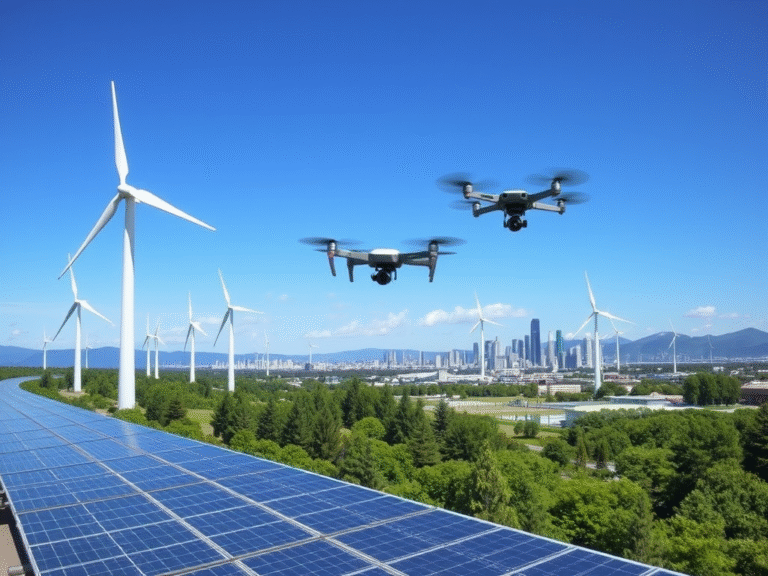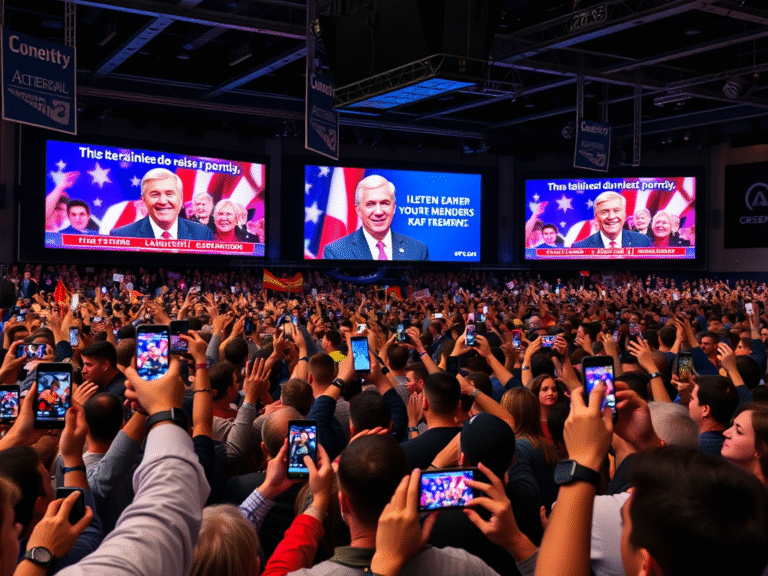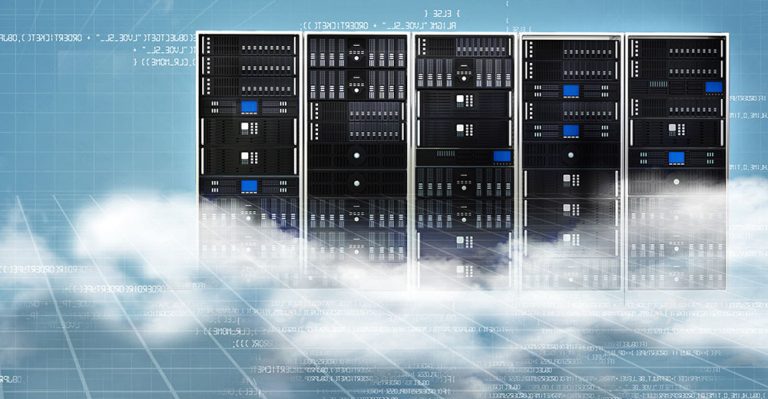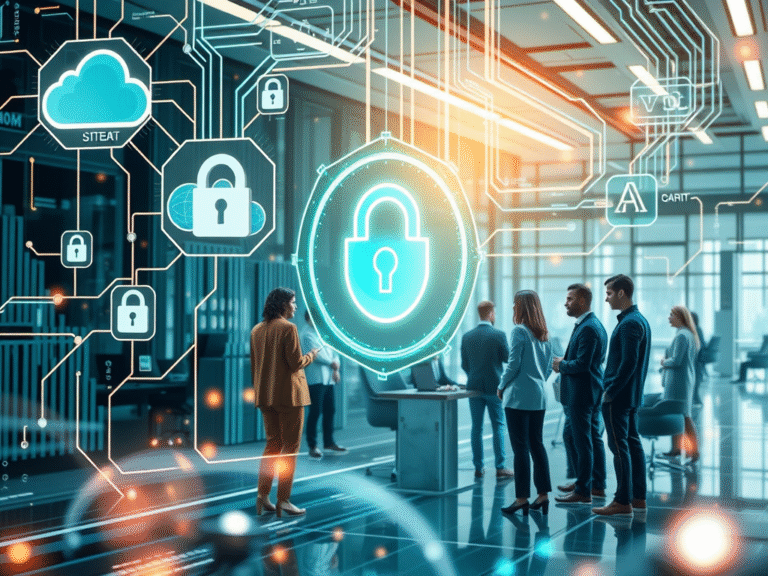Introduction: A Departure That Demands Attention
Elon Musk’s recent departure from his U.S. government advisory role has sent shockwaves through the world of tech policy. His exit, sparked by disagreements over the government’s clean energy bill, highlights a growing rift between Silicon Valley innovators and policymakers. This moment is a crucial turning point for tech policy in America, raising urgent questions about how the future of innovation, regulation, and public-private collaboration will unfold.
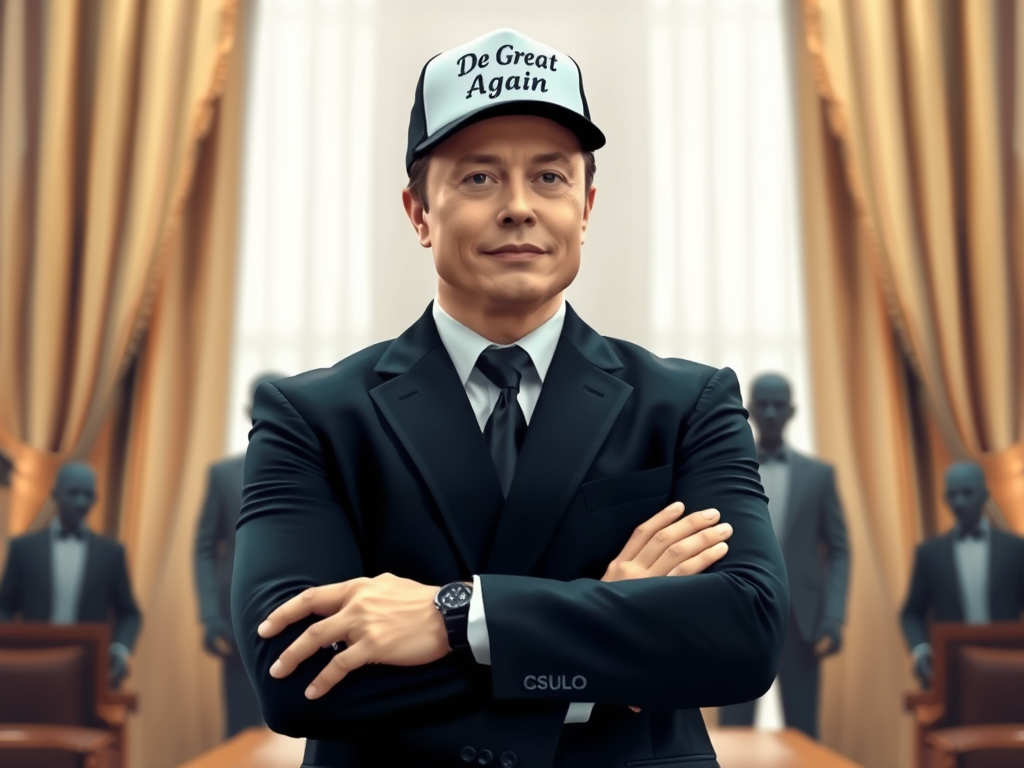
The Spark: Clean Energy and Political Friction
The immediate catalyst was the Biden administration’s flagship clean energy initiative a sweeping bill designed to accelerate the country’s transition to renewables. The bill includes tax cuts for clean tech manufacturers, EV subsidies, and strict emissions targets. To some, it’s a bold step forward. But to Musk, it’s a bureaucratic wall disguised as progress.
On X, Musk wrote:
This public rebuke, followed by his swift exit from advisory duties, paints a troubling picture: the very innovators the bill is meant to empower feel sidelined and stifled. If that doesn’t spark concern, it should.
The Bigger Picture: Tech Policy and Government Relations
Elon Musk isn’t just a CEO he’s one of the most influential visionaries of our time. His withdrawal from government collaboration raises serious questions:
- Are U.S. policies out of sync with real innovation?
- Is bureaucracy killing momentum in key sectors like clean energy, AI, and space exploration?
- What happens when tech leaders turn their backs on Washington?
The implications are broad and urgent. Here’s what’s at stake.
1. A Growing Rift in Tech Policy Between Innovators and Government
For years, the U.S. government has struggled to keep pace with the velocity of technological advancement. While policymakers aim to regulate with public interest in mind, tech innovators often view these interventions as slow, outdated, or downright obstructive.
Musk’s exit could discourage other tech leaders from engaging in public policy altogether. If the most forward-thinking minds in clean energy, artificial intelligence, or autonomous vehicles see the government as a barrier instead of a partner, we risk losing the very voices that could guide effective, forward-looking regulation.
2. The Clean Energy Crossroads
Ironically, no one has done more to push electric vehicles into the mainstream than Musk. Tesla transformed EVs from a niche experiment into a global movement. Yet here he is, denouncing a clean energy bill. Why?
Because while the bill promises support for green innovation, its structure is riddled with inefficiencies and blind spots. Musk argues that real progress comes from open markets, entrepreneurial freedom, and performance-based incentives, not top-down mandates.
This sends a clear message: supporting clean energy is not the same as understanding innovation. If policy doesn’t align with how tech companies actually build and scale solutions, even well-intentioned laws could stall the energy transition.
3. Tech Policy Challenges in AI, Space, and Emerging Technologies
Musk’s influence stretches far beyond EVs. He’s a key player in space travel (SpaceX), artificial intelligence (xAI), and neurolink technology. His departure creates a vacuum in policy discussions around these frontier industries.
AI regulation, in particular, is reaching a tipping point. Lawmakers are scrambling to draft rules that protect consumers without stifling development. Musk’s absence from those conversations could tilt the balance toward excessive caution or worse, uninformed decision-making.
4. A Wake-Up Call for Public-Private Collaboration
Tech policy in the U.S. has always required a delicate dance between private innovation and public oversight. But that dance is failing. Musk’s exit exposes the urgent need for a new model one based on transparency, mutual respect, and shared vision.
Without input from innovators, legislation risks becoming tone-deaf. Without public oversight, innovation risks becoming reckless. We need both urgently.
Why This Matters to Everyone
You don’t need to run a tech company to be impacted by these dynamics. If you drive an EV, use AI-powered tools, or dream of a cleaner, more connected future, this story touches you.
- Consumers could face delays in tech rollouts due to regulatory gridlock.
- Startups may rethink how they navigate public funding and compliance.
- Investors might shift capital away from overregulated sectors.
- Developers and engineers could find themselves caught between innovation and compliance.
Conclusion: It’s Time to Build a Better Bridge
Elon Musk’s departure from his government advisory role is more than a disagreement it’s a call to action. The divide between innovation and legislation is widening, and unless leaders on both sides come to the table, the future of technology in America will suffer.
We cannot afford for the architects of the future to walk away from the institutions shaping it. We need better policy, yes but more importantly, we need better partnerships.
Now is the time to rethink how we write the rules of innovation. Not just for billionaires, but for everyone who believes technology can and should build a better world.
Want to stay ahead of the next wave of tech disruption?
Subscribe to Digital Tourch for stories that connect technology, people, and policy without the noise.

